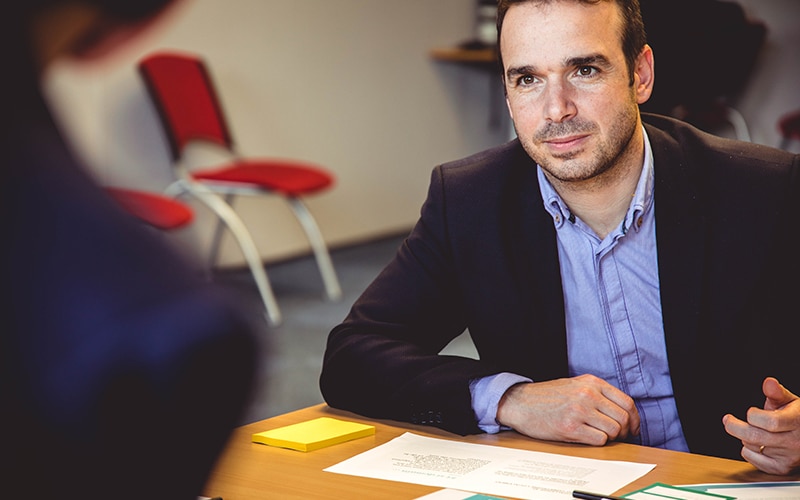Empathy Carries More Weight Than A Big Brand
What do wealthy and even super-wealthy clients look for in an advisor? An institutional brand with a deep bench? Merrill Lynch? BNY Mellon? US Trust? That’s the question posed in a Wealth Advisor article from several months back, and the results point to the importance of empathy and understanding.
The article notes that while a small percentage value the institutional brand, the larger majority are looking to the brand of the professional advisor first.
Does the advisor provide empathy, understanding and insight into their situation?
Those professionals with a well-conceptualized brand are more than able to compete with an institutional brand.
Do you really understand me?
These findings remind us that the wealthy are looking for those who understand them and not merely all the bells and whistles that an institution might bring.
The “why” of your work is more important than the features and benefits. For instance, what good are the best trust services if there’s no understanding of the people making the trust?
Strong relational skills along with financial expertise make for a winning combination.
That being said, empathy enhances every kind of relationship, whether as a leader, a follower or a friend. Here are a few ways to work on increasing empathy (yes, it’s an emotional skill you can develop).
Listen intently
Who do you know that is a really good listener? What sets them apart?
Actively listening starts with being fully present in a conversation (e.g., looking down at your screen while someone’s talking to you doesn’t work).
It also means slowing down. Most of us are automatically formulating a response to what we’re hearing, even interrupting to make a point or share an insight. Instead, think more about what you’re hearing. Consider where the speaker might be coming from and what experiences may have shaped their perspective.
And then ask! Ask follow-up questions to understand more fully what’s being said and what the speaker is feeling.
Be curious
Look at the people around you as you go through your day. Don’t fill every spare minute reading news stories or checking social media.
I exercise this one often when I travel. I look at the people around me and imagine their lives and stories: fellow travelers, the Starbucks barista, the flight attendant, the janitorial staff at the airport. This humanizes people for me—and motivates me to ask for some of those stories when the opportunity comes.
Another writer suggests increasing empathy by “looking for the human behind everything,” thinking about the people who picked the tea leaves for your morning cup, the worker who stitched together your jacket, the city employees who ensure water keeps flowing into your home, and so on.
Opposing viewpoints
Have someone with whom you often disagree? Or perhaps someone who belongs to an opposing “camp” on a big issue? You know you’re right and they’re wrong. You know that you’ll disagree with them, because… they’re on the other side.
The exercise is to imagine the other person’s point of view of the disagreement. What do they experience from you as you argue? Do they have fears that cause things to escalate? What good intentions might this person have, and what valid arguments could this person present?
How insensitive can you be?
Another idea I came across as “a radical approach” to increasing empathy is to come up with the most non-empathetic response to an imagined scenario.
Example: You hear a client’s family member has been diagnosed with cancer.
Insensitive responses:
“Hope you have good insurance!”
“I’ve heard a good diet is a major factor in preventing cancer.”
“Lots of people get cancer.”
Ouch.
This approach can bring home the importance of empathy and motivate you to develop it.
Whatever your career or point in life, make a point to seek better understanding and empathy. It surely will benefit you, but genuine care for others shows.
We value others, not because they’re useful to our agendas, but because they have innate worth from God. We value others because they are valuable in the eyes of our Creator.
Related posts:
10 Key Statistics on Family Legacy
Advisors, Will You Lose Your Clients?
4 Big Reasons Financial Advisors Should Encourage Charitable Giving
Photo by Johanna Buguet on Unsplash
Share this Post
Published April 18, 2019
Topics: Culture Commentary

